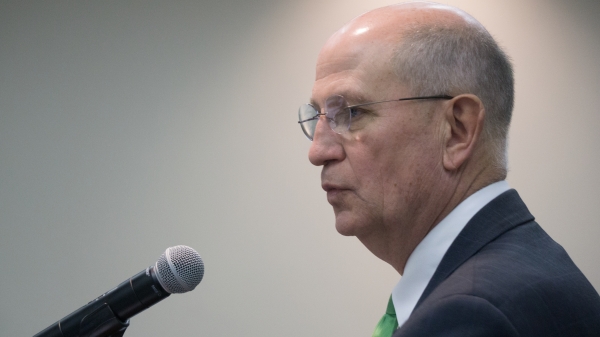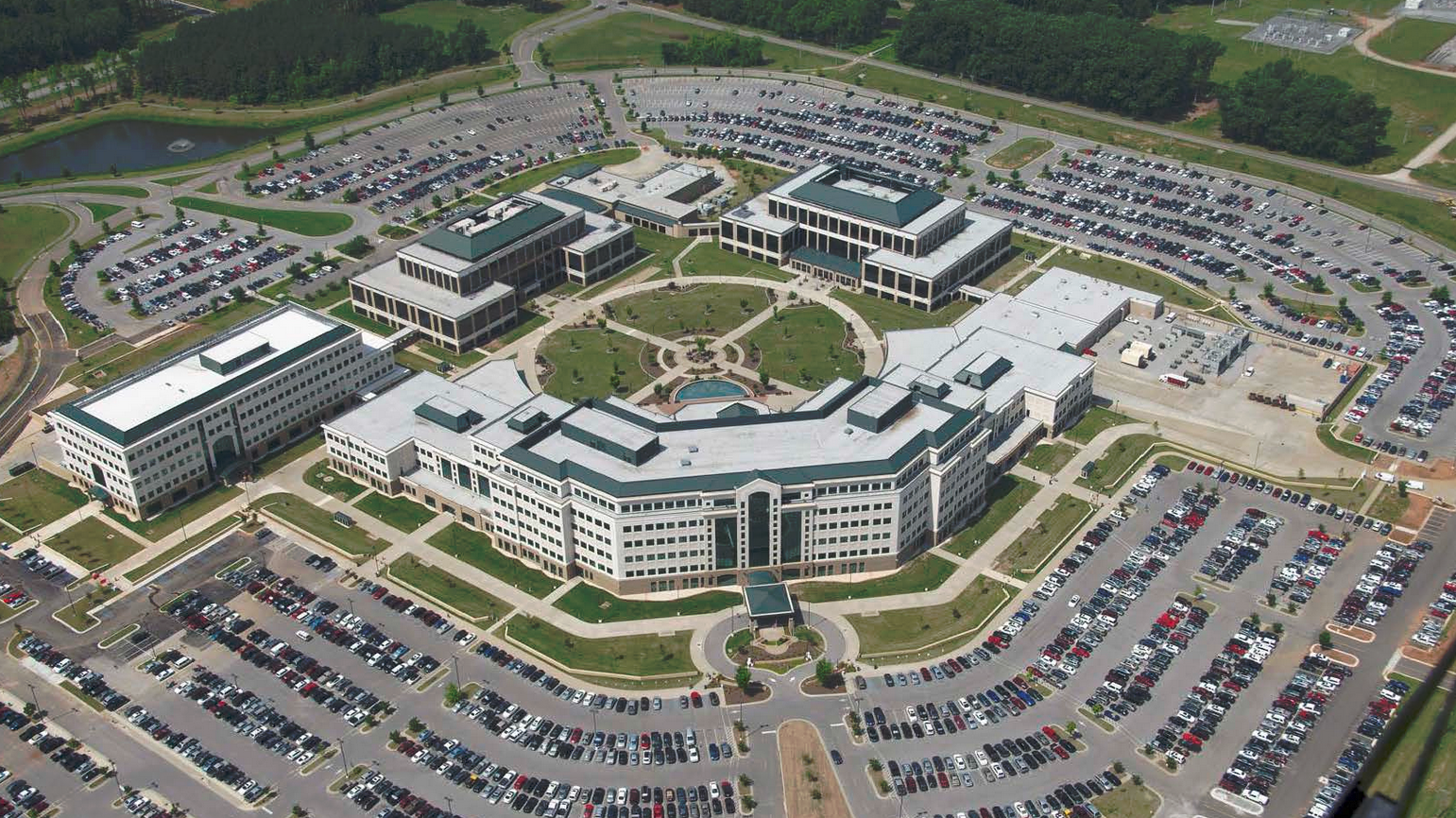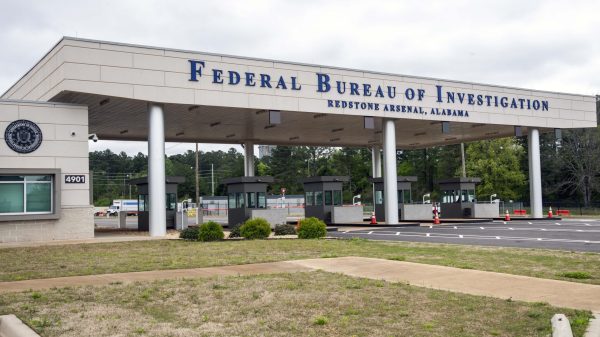Alabama’s congressional delegation made a coordinated push on Tuesday for the U.S. Army to choose Redstone Arsenal as one of the first sites for its next-generation microreactor program, arguing that the installation’s mission load, energy needs, and strategic location make it uniquely suited for the pilot phase of Project Janus.
In a joint letter, lawmakers from both parties urged Army leadership to give Redstone serious consideration as it narrows a list of nine candidate bases. The delegation pointed to Redstone’s extensive role in national security, serving as home to the Missile Defense Agency, Army Materiel Command, NASA’s Marshall Space Flight Center, the FBI’s large-scale operations hub and numerous research and development centers.
Those missions, they said, demand a power source that is resilient, independent, and capable of supporting long-term operational growth. Redstone’s 38,000 acres and proximity to a technically skilled workforce were also cited as advantages.
Energy demand at Redstone has climbed in recent years as additional federal agencies and defense tenants have expanded their presence. The delegation’s letter notes that the Army already expects continued growth in energy consumption through 2030.
“The substantial and growing power requirement, combined with the installation’s existing infrastructure and local expertise, makes RSA the ideal candidate for deploying a Microreactor Power Plant,” the letter reads.
Project Janus marks the Army’s next major step toward deploying small, transportable nuclear microreactors that can operate independently from the civilian grid. The effort builds on work previously done under Project Pele and aims to secure power sources that are less vulnerable to cyberattacks, grid failures and extreme weather events.
Under the plan, the Army expects to choose three sites for prototype microreactor power plants, with selection decisions anticipated after industry proposals and environmental reviews are completed. Selections should be made by mid-2026.
Army officials have emphasized that final selections will depend on technical feasibility, safety considerations, grid requirements and the ability of industry partners to meet the program’s specifications.
“RSA and the surrounding region embody the expertise and values aligned with Army Reactor Program Objectives, including excellence in design, skilled personnel, effective procedures, and a strong safety culture. Our community’s capabilities are further supported by a highly skilled and educated workforce, developed through strong partnerships between the defense industry and academic institutions,” the letter reads.
The delegation also emphasized that Alabama’s elected leaders are well-positioned to support the project and collaborate closely with federal agencies.
“Moreover, the State of Alabama has a strong record of effective coordination with the federal government. Our congressional delegation maintains constant communication with state and local leadership and holds roles on key committees, including the House and Senate Appropriations and Armed Services Committees, the House Energy and Commerce Committee, and the House Ways and Means Committee. We, as a bipartisan delegation, are prepared to support policies and funding that will ensure Project Janus’ success for years to come,” the letter reads.

















































